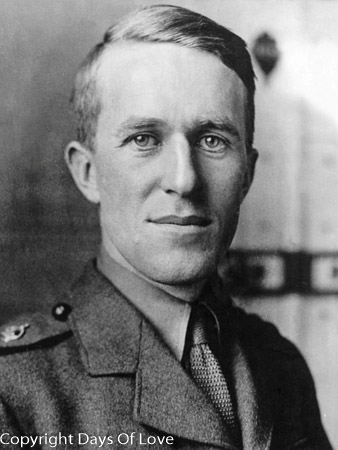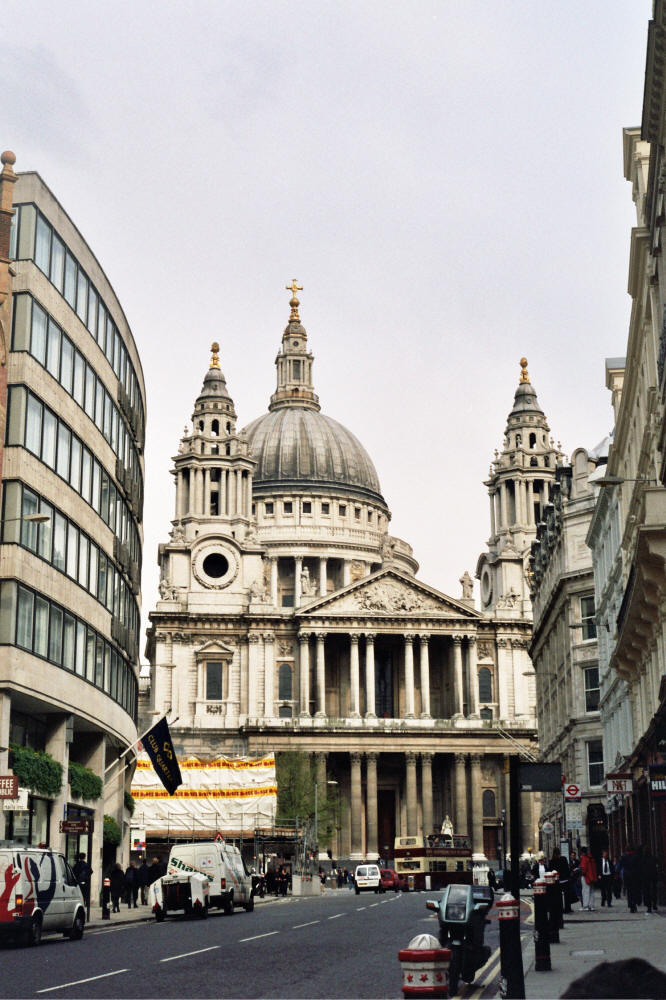

Queer Places:
2 Polstead Rd, Oxford OX2 6TN, Regno Unito
City of Oxford High School for Boys, 41-47 George St, Oxford OX1 2BE, Regno Unito
University of Oxford, Oxford, Oxfordshire OX1 3PA
14 Barton St, Westminster, London SW1P 3NE, Regno Unito
Clouds Hill, King George V Road, Bovington BH20 7NQ, Regno Unito
St Nicholas, Moreton, Dorchester DT2 8RH, Regno Unito
 Thomas Edward Lawrence,
CB,
DSO (16 August 1888 – 19 May 1935) was a British
archaeologist, military officer, diplomat, and writer. He was renowned for
his liaison role during the
Sinai and Palestine Campaign and the
Arab
Revolt against the
Ottoman Empire during the
First World War. The breadth and variety of his activities and
associations, and his ability to describe them vividly in writing, earned him
international fame as Lawrence of Arabia—a title used for
the 1962 film based on his wartime activities. Among the roll call of figures
that activist Peter Tatchell announced under the heading of ‘famous
homosexuals’ are
Lord Mountbatten, Florence
Nightingale, Lawrence of Arabia,
Catherine Cookson,
Winston Churchill, and
William Shakespeare. Some
of the iconic gay figures from the two world wars that are well known included
Wilfred Owen,
Lawrence of Arabia,
Roger Casement,
Ivor Novello and
Alan Turing.
Thomas Edward Lawrence,
CB,
DSO (16 August 1888 – 19 May 1935) was a British
archaeologist, military officer, diplomat, and writer. He was renowned for
his liaison role during the
Sinai and Palestine Campaign and the
Arab
Revolt against the
Ottoman Empire during the
First World War. The breadth and variety of his activities and
associations, and his ability to describe them vividly in writing, earned him
international fame as Lawrence of Arabia—a title used for
the 1962 film based on his wartime activities. Among the roll call of figures
that activist Peter Tatchell announced under the heading of ‘famous
homosexuals’ are
Lord Mountbatten, Florence
Nightingale, Lawrence of Arabia,
Catherine Cookson,
Winston Churchill, and
William Shakespeare. Some
of the iconic gay figures from the two world wars that are well known included
Wilfred Owen,
Lawrence of Arabia,
Roger Casement,
Ivor Novello and
Alan Turing.
He was born out of wedlock in Tremadog, Wales, in August 1888 to Thomas Chapman (who became, in 1914, Sir Thomas Chapman, 7th Baronet), an Anglo-Irish nobleman from County Westmeath, and Sarah Junner, a Scottish governess (whom Chapman had left his wife and first family in Ireland to cohabit with; they called themselves Mr and Mrs Lawrence). In 1896, the Lawrences moved to Oxford, where their son attended the High School and in 1907–1910 studied History at Jesus College. Between 1910 and 1914 he worked as an archaeologist, chiefly at Carchemish, in what is now Syria.
Soon after the outbreak of war he volunteered for the British Army and was stationed in Egypt. In 1916, he was sent to Arabia on an intelligence mission and quickly became involved with the Arab Revolt, providing, along with other British officers, liaison to the Arab forces. Working closely with Emir Faisal, a leader of the revolt, he participated in and sometimes led military activities against the Ottoman armed forces, culminating in the capture of Damascus in October 1918.
2 Polstead Rd, Oxford
14 Barton St, Westminster

St. Paul's Cathedral, London
In the 1920s, T. E. Lawrence, who had hardly dared evoke his rape by Turkish soldiers in The Seven Pillars of Wisdom (‘the citadel of my integrity was irrecoverably lost’), was delighted by E. M. Forster’s ‘unpublishable’ tales, ‘The Life to Come’ (1922) and ‘Dr Woolacott’ (1927). It was not the skilful reticence that excited him but the surprising openness: There is a strange cleansing beauty about the whole piece of writing [‘Dr Woolacott’]. [. . .] I must confess that it has made me change my point of view. I had not before believed that such a thing could be so presented – and so credited.
After the war, Lawrence joined the Foreign Office, working with both the British government and with Faisal. In 1922, he retreated from public life and spent the years until 1935 serving as an enlisted man, mostly in the Royal Air Force, with a brief stint in the Army. During this time, he wrote and published his best-known work, Seven Pillars of Wisdom, an autobiographical account of his participation in the Arab Revolt. He also translated books into English and wrote The Mint, which was published posthumously and detailed his time in the Royal Air Force working as an ordinary aircraftman. He corresponded extensively and was friendly with well-known artists, writers, and politicians. For the Royal Air Force, he participated in the development of rescue motorboats.
Radclyffe Hall wrote The Well of Loneliness in 1928. As usual, it contained sketches of people she knew: Noël Coward as Jonathan Brockett, for instance, and Natalie Barney as Valérie Seymour. Many prominent readers found the book boring or ridiculous. T.E. Lawrence said of it, in a letter to E.M. Forster, ‘I read The Well of Loneliness: and was just a little bored. Much ado about nothing.’
Lawrence's public image resulted in part from the sensationalised reporting of the Arab revolt by American journalist Lowell Thomas, as well as from Seven Pillars of Wisdom. In 1935, Lawrence was fatally injured in a motorcycle accident in Dorset.
Philip Sassoon was said to have lived an openly homosexual life, and T. E. Lawrence was a frequent guest at his homes.[10]
My published books: